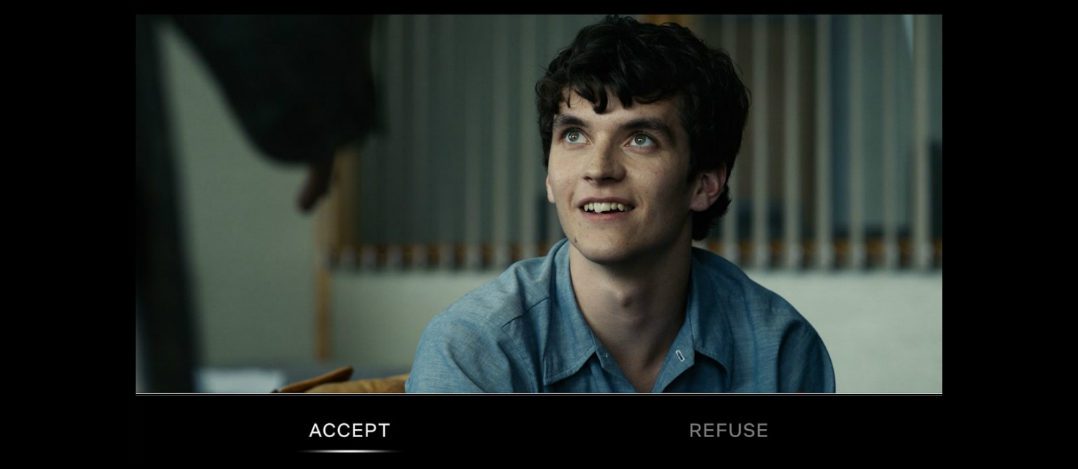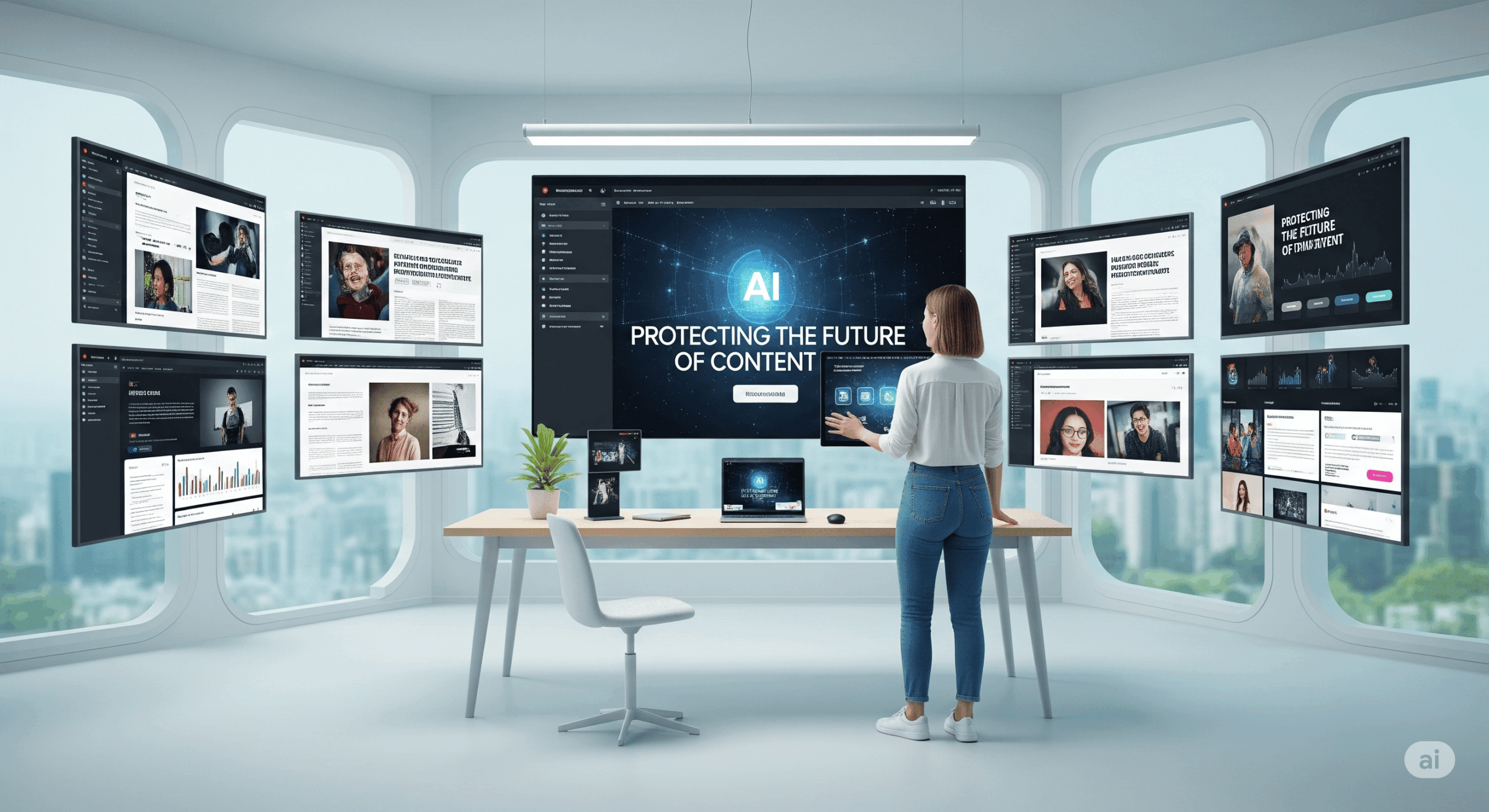This is an old fashioned post, you only have two options, either read it – or don’t. Interactive content ignites our imagination with endless possibilities. One might wonder, how come it never really caught on.
This is what makes Netflix’s latest experiment, Black Mirror: Bandersnatch, so unique. You can argue about the quality of the plot, but everyone must agree that this was a valliant effort. Armed with the understanding that the process itself is another hero in the piece, Netflix embarked on this new attempt at a seemingly old idea. Breaking the convention of interactive content, Stephan, the hero, refuses to do what the viewer orders at times. Stephen is aware of the ramifications of time and space created by the work. The work relates to itself as part of the narrative, turning Bandersnatch into a self-reflective experience.
On the technical side, this was definitely a smooth experience. The evolution of the technological possibilities and the innovation in content raises a question – are future interactive shows like this about to become a significant storytelling category on television? Do they make business sense? Does the audience even want them?
No one really has a definite answer yet, but here are six points worth considering:
1. Interactive content is the bridge between passive and active experiences: Despite countless attempts in the past, the basic concept of letting the audience choose where the plot goes has never been able to capture centre stage, in radio or television. In these media, the audience seems to ask not for a unique story, but for a universal one. Maybe it’s because that’s the option that requires the least effort. The only place where interactive storytelling is proven to have mass appeal is in computer gaming. Where the choices you make often have ‘world-altering’ effects. A prime example is The Witcher series of games – that is, ironically, soon to become a regular linear series on Netflix. Interactive content is the bridge between the passive playback TV experience to the active lean forward experience of the gaming industry.
2. User selections are a data goldmine: The buzzword on everyone’s mind is digital data and its value in the ‘real-world.’ Every selection made by the users gives Netflix a lot more insight into their users’ digital persona. To demonstrate, at the most basic level, an advertiser can get insight to the users choice of cereals (Frosties or Sugar Puffs). At a more complex level, political entities can understand what emotional buttons to push most effectively with higher precision than what can be gathered from their traditional focus groups.
3. The viewers’ level of concentration is higher: Initially, television was intended for one-time viewing with the entire family in the living room. In that golden age of television, the viewing experience was almost sacred. If you missed something, it was gone forever. Then the VCR arrived, and later, Tivo. All of them allowed the viewer to pay less and less attention to what was happening on the screen. Finally, smartphones made TV their second screen even at home. TV needs to fight hard for our attention. Interactive content may be its newest weapon by creating an intensive dialogue with the viewer that requires a higher level of concentration in front of the screen.
4. Pirating this content is hard: Interactivity makes it difficult for a pirated copy to be downloaded. It requires a platform that allows navigation.
5. Interactive content demolishes a uniform timecode: Just like Kindle made page numbers an irrelevant relic, interactive films do not let you know where you are in their art-piece. You can view Black Mirror: Bandersnatch in forty minutes (the shortest version) or in two hours (the longest version I’ve calculated).
6. Content becomes an ever-evolving organism: Netflix can add or remove content over time and lengthen the life cycle of the piece. In fact, the creators of Black Mirror did just that, when they recently released an additional ending, sending the viewers back to find it.
Interactive content promises a lot, but the question still remains: Can it become a significant category, or is it doomed to be a one-off gimmick?
Choose your ending now.
Top image © Netflix




